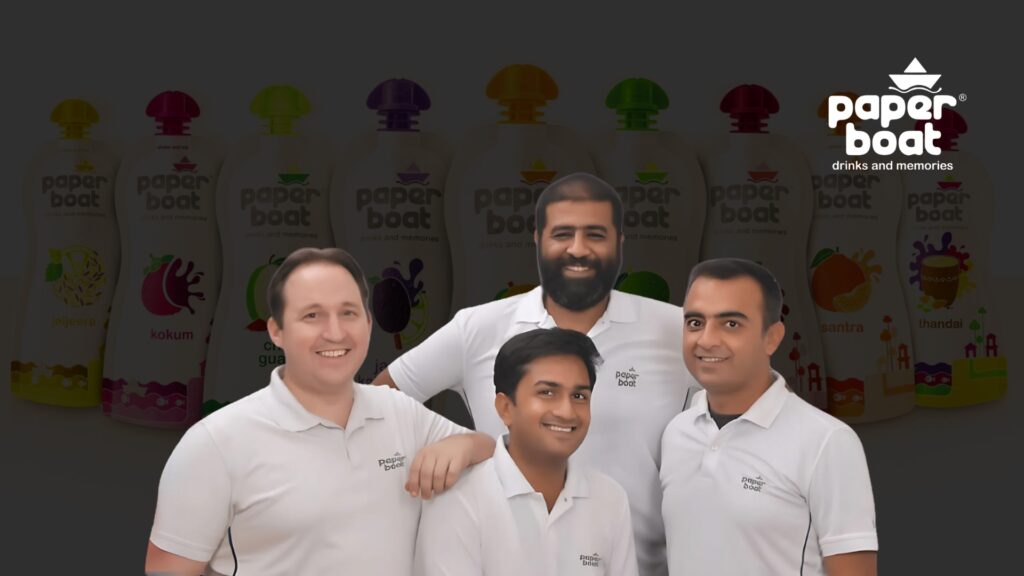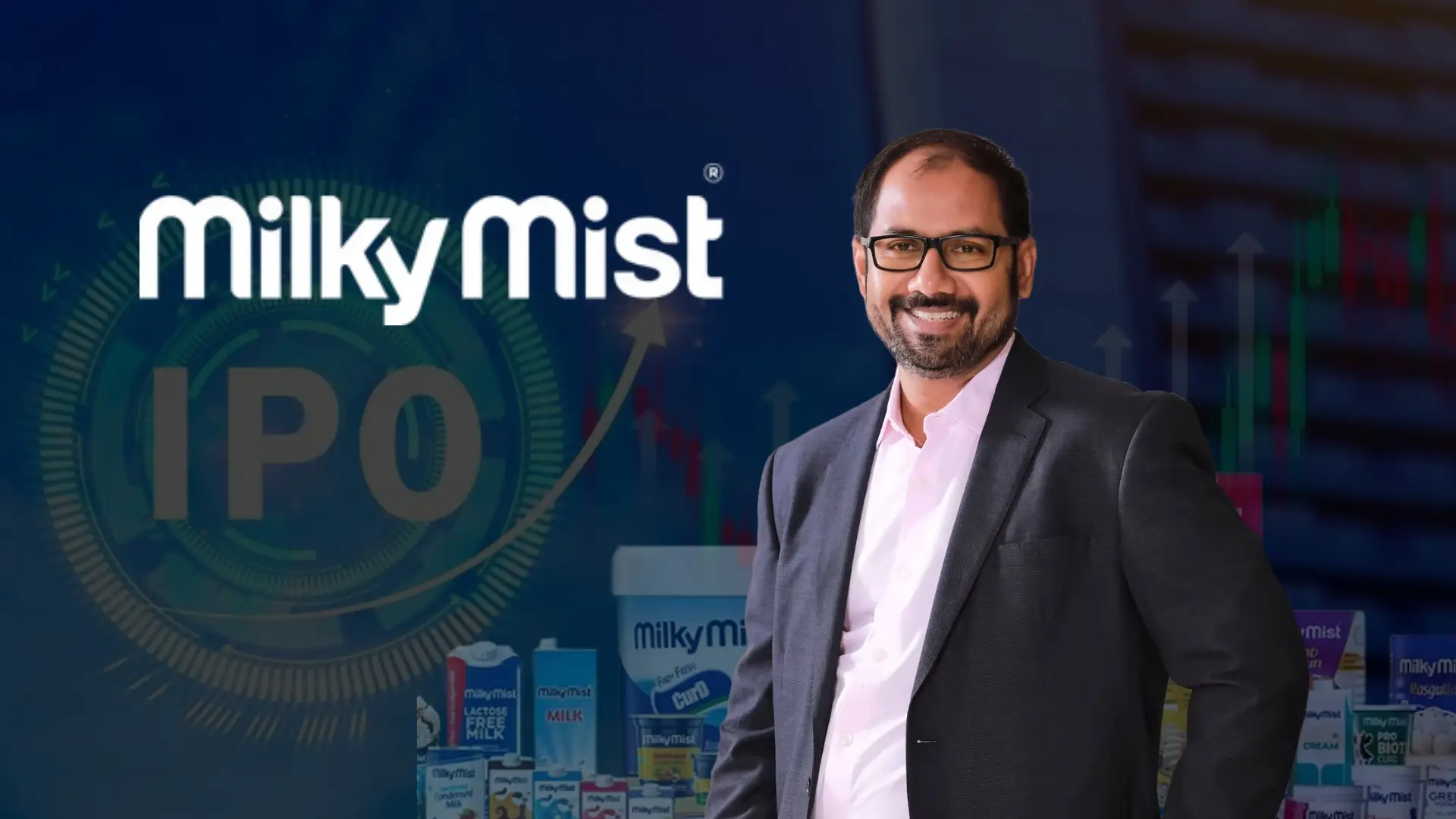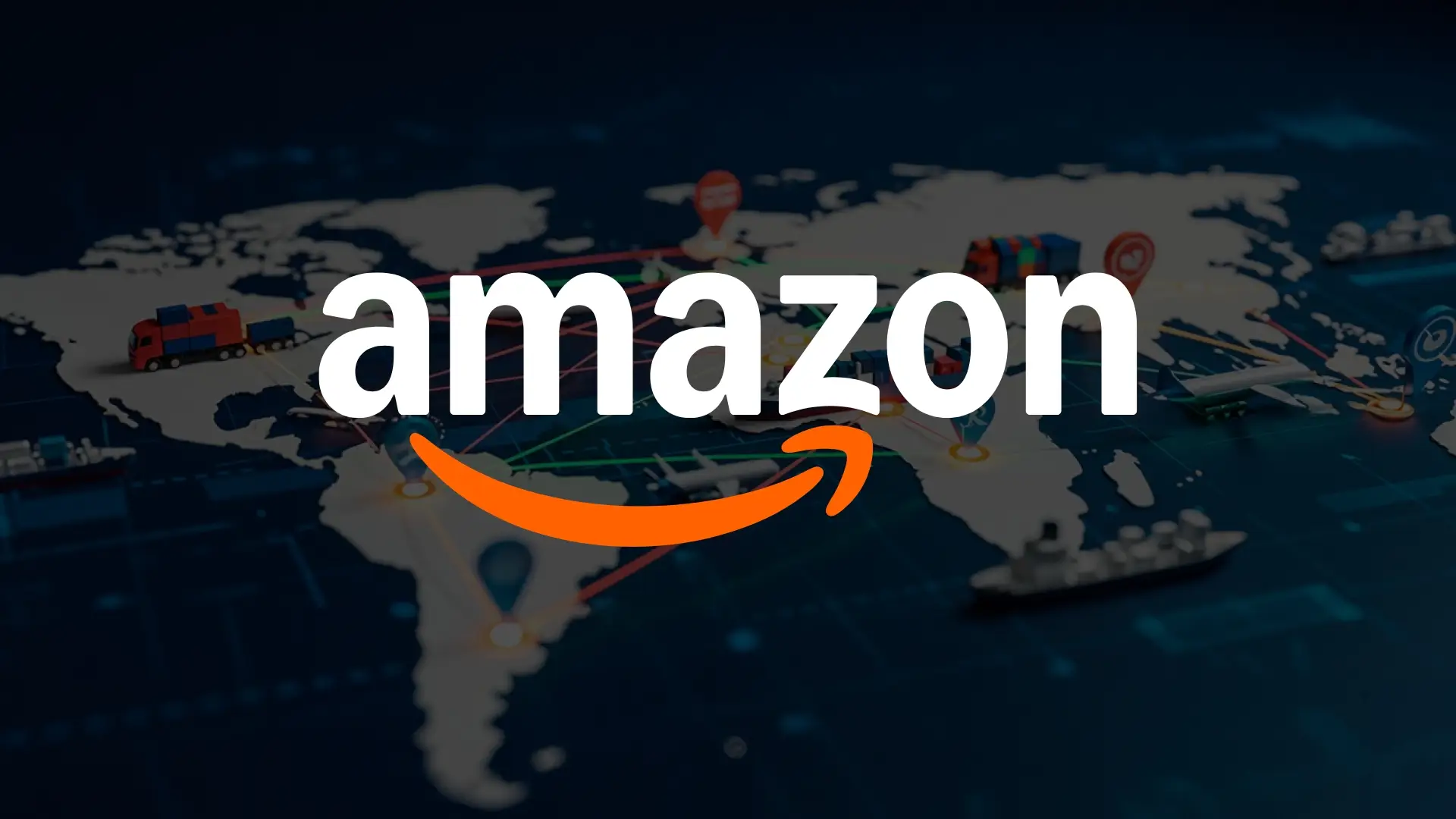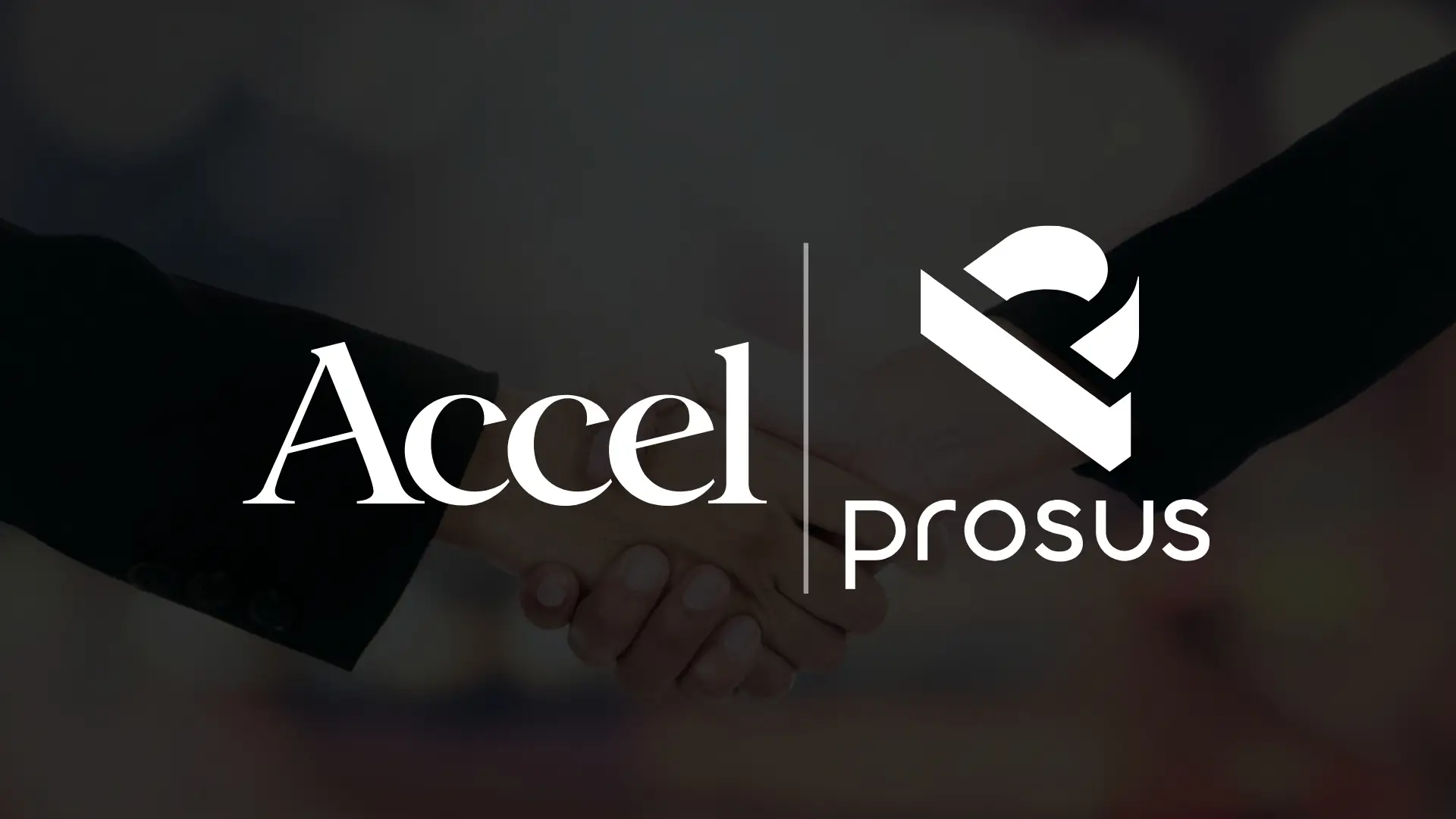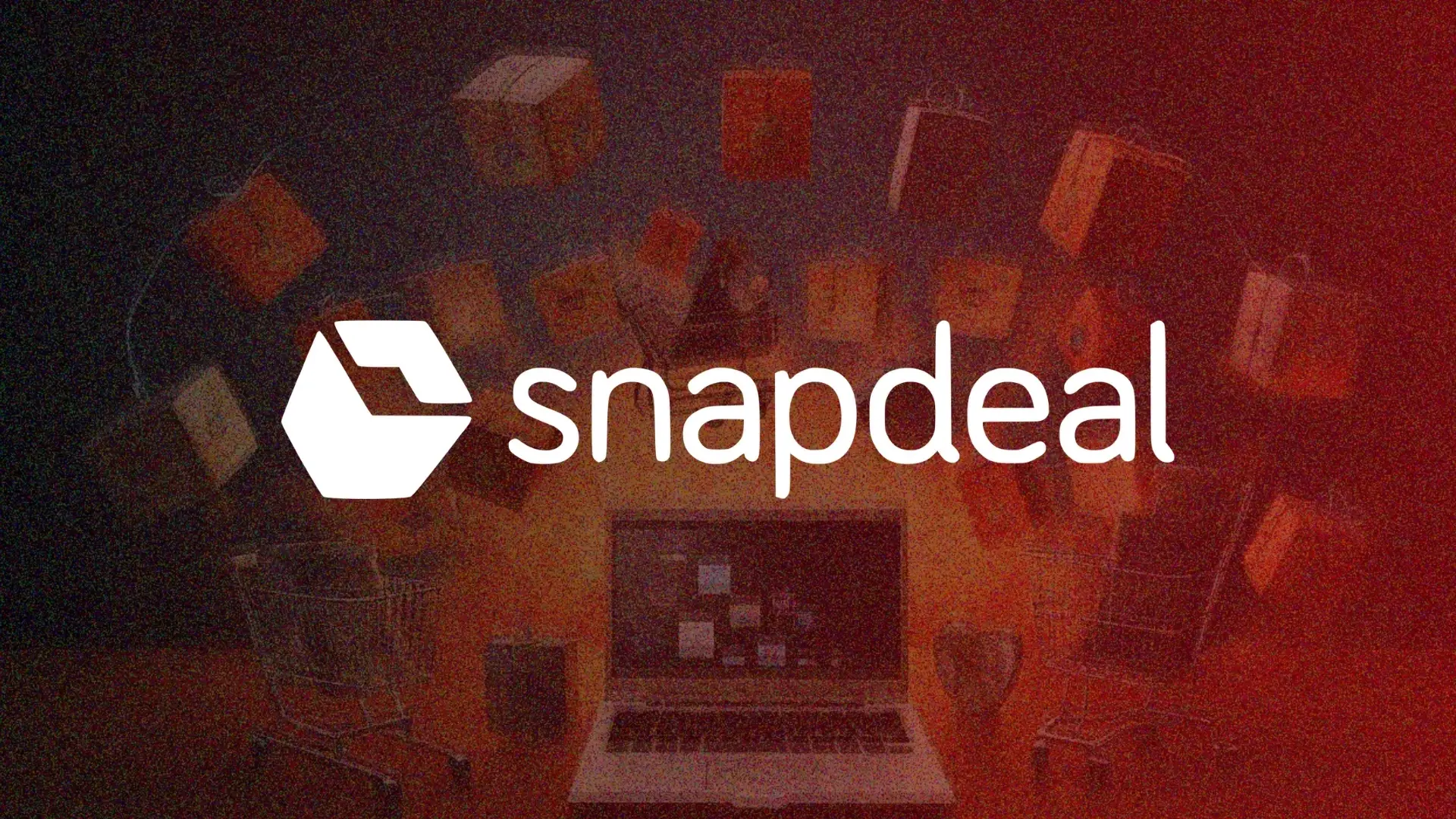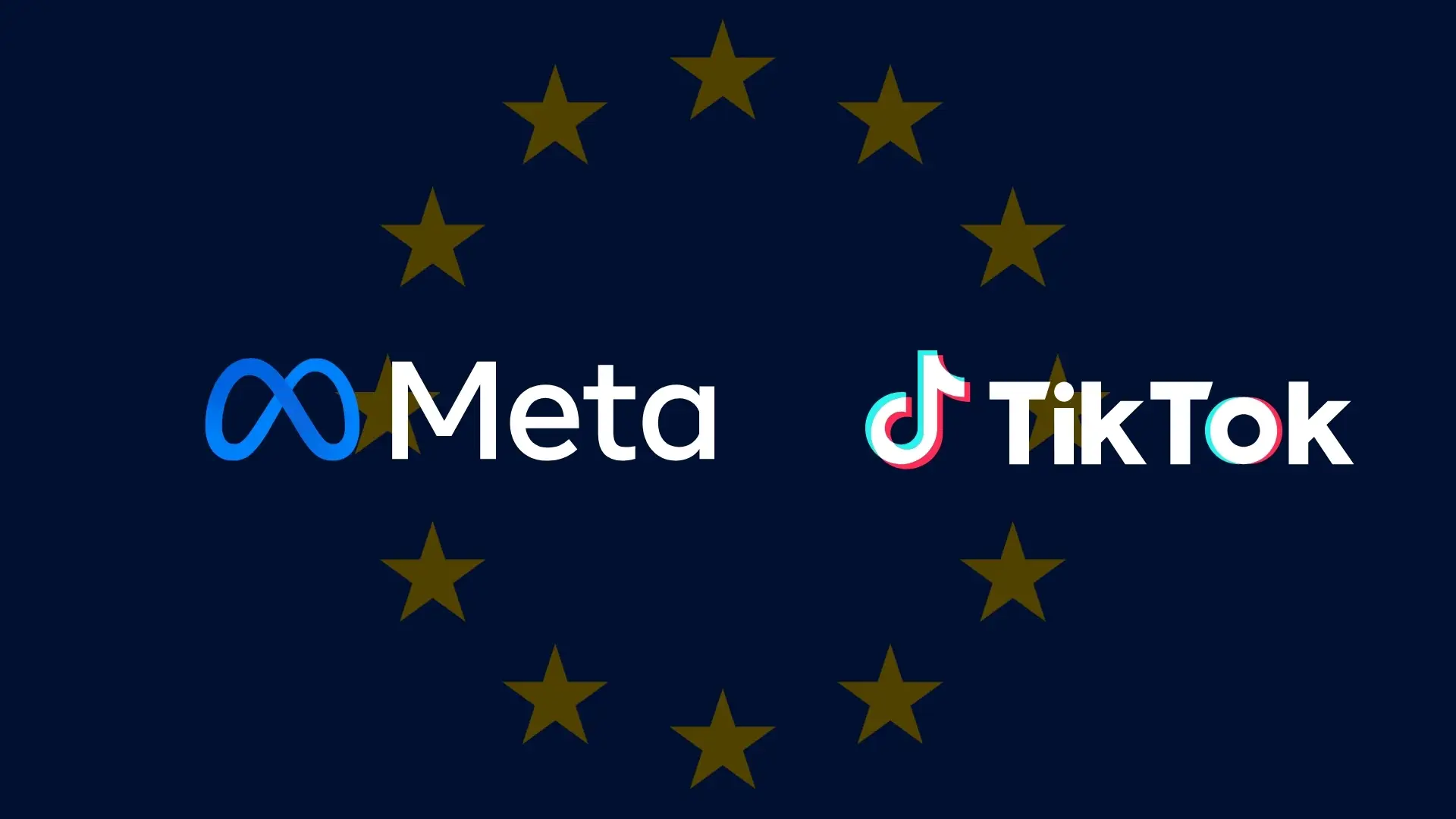India has a huge variety of soft drinks available in the market. From small kirana stores in the neighborhood to big hypermarts in the city, you will find shelves full of drinks mostly owned by big global giants like Pepsi and Coca-Cola. Whenever we host a party, a family gathering, or even a small get-together with friends, carbonated drinks have become the go-to choice to serve guests. It has become almost a habit, a way of celebrating togetherness.
But let me ask you something. When was the last time you had a glass of Jaljeera, Aam Panna, Lemon Water, or Kokum Sharbat? They are simple, refreshing drinks that our mothers or grandmothers used to make at home during our childhood summers. Those were pure, nostalgic memories, homemade flavors that didn’t just quench thirst but carried emotions, simple joy, and care. But somehow as the years went by, we left those behind. They slowly vanished and disappeared from our daily lives, and we got addicted to these carbonated drinks.
Well, one Indian company noticed this gap and saw something special in it. Instead of trying to compete directly with big brands by selling another cola or fruit soda, they chose a different path that took them back to India’s cultural roots, to the homemade, time-tested traditional recipes. The company I am talking about is Paper Boat. Paper Boat was founded by a passionate group of entrepreneurs who saw a unique opportunity in India’s beverage market. The founders are Neeraj Kakkar, Neeraj Biyani, James Nutall, and Suhas Misra.
When they first entered the market, their initial focus was not on traditional Indian drinks. Instead, they started by launching a protein drink called Frissia and an energy drink named Tzinga. The idea was to tap into the growing health and wellness trend and offer some modern drinks that promised energy or nutrition. However, things didn’t go as expected. Both Frissia and Tzinga failed to capture the interest of Indian consumers. Because the market was already flooded with health drinks and energy drinks from big players, backed by huge marketing budgets. The products didn’t stand out, and they didn’t connect with people on an emotional level.
This failure made the team rethink their strategy. And that thought led to the biggest gap, which is Indian traditional drinks from our childhood days. They ended up with traditional homemade drinks like Aam Panna, Jaljeera, Kokum Sharbat, and Lemon Barley. In March 2013, they shifted their focus and launched Paper Boat, a brand dedicated to packaging and selling these nostalgic Indian drinks. This decision turned out to be the real breakthrough.
Now selling these traditional drinks alone cannot build a brand. So, Paper Boat created a successful brand by adding multiple other things to create that impact. Let’s understand what they are. Now when you are offering something nostalgic, what is the most important way to promote it? Storytelling. Yes, storytelling is something that creates that connection between the brand and customer. They exactly did the same.
Unlike most soft drink brands that rely on celebrity endorsements or flashy ads, Paper Boat focused on simple, emotional storytelling. Their advertisements didn’t show adventures where the actor does some trekking or stunts. Instead, they showed small, heartfelt moments where a mother serves Aam Panna to her child on a hot summer day, friends enjoy Jaljeera together, or the feeling of a homemade drink after a long day. This gives us nostalgia and takes us back to our childhood days. This emotional approach connected deeply with consumers, making the brand feel more personal and authentic.
Another important reason behind Paper Boat’s success was its thoughtful packaging and brand design. Paper Boat chose to design their packaging to reflect simplicity, warmth, and nostalgia. The drink pouches resembled a small paper boat, a symbol of childhood play, innocence, and simplicity. And when these factors contributed to the product that they are offering, it led to tremendous product-led marketing. The product alone did marketing because of its taste and the emotional connection it built with customers. Slowly all of this led to a loyal customer base for Paper Boat.
You know, as a result, if we see their financials, they tell us the complete story. In FY 24, they generated revenues of around INR 585 crore, and they also reduced their losses.
In the end, Paper Boat proved that understanding people’s emotions and culture is more powerful than big budgets or celebrity ads. By bringing back traditional homemade drinks with love and care, they created a brand people trust and enjoy, turning simple drinks into special memories.
Also Read: Apple’s iPhone 17 Lineup Debuts with Ultra-Thin iPhone Air


